The Sports Report Olympics Edition: Five takeaways of Japan
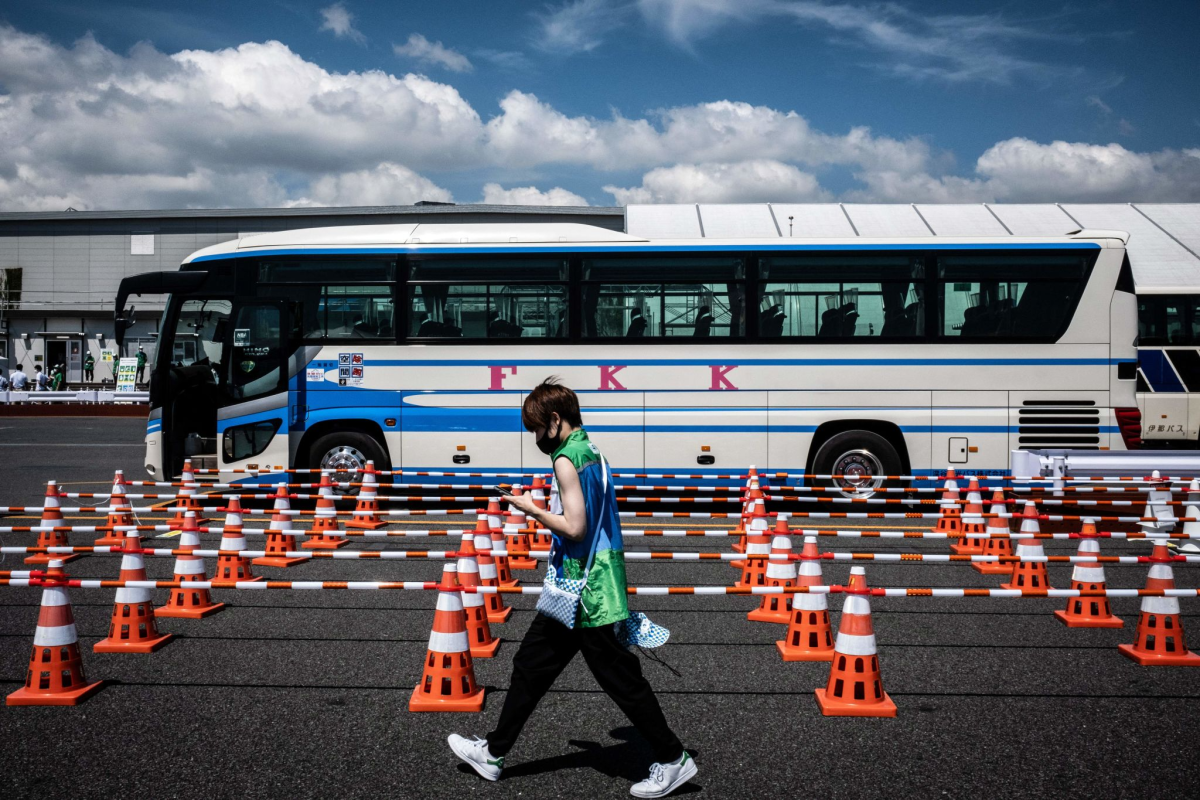
- Share via
TOKYO — The packet of breakfast coupons, once so thick it seemed destined to last until the 2024 Paris Olympics, has dwindled to two, the paper jacket they’re housed inside no longer bulging from all those paper slips.
It’s almost time to go home.
My name is Ben Bolch, wistful curator of this edition of the Olympics newsletter, and I’m going to miss this place. But before I tell you about the five things I wish I could bring back with me from Tokyo on my flight home, let’s get to the big stuff in these Summer Games.
Latest Olympics news and results
Saturday and Sunday TV schedules
Here’s what I’ll miss most about being in this spry, sprawling wonderland:
Cleanliness: About the only trash I spotted on this trip was inside my hotel room or stuffed into plastic bags resting in the hallway outside my coworkers’ rooms. (You pigs!)
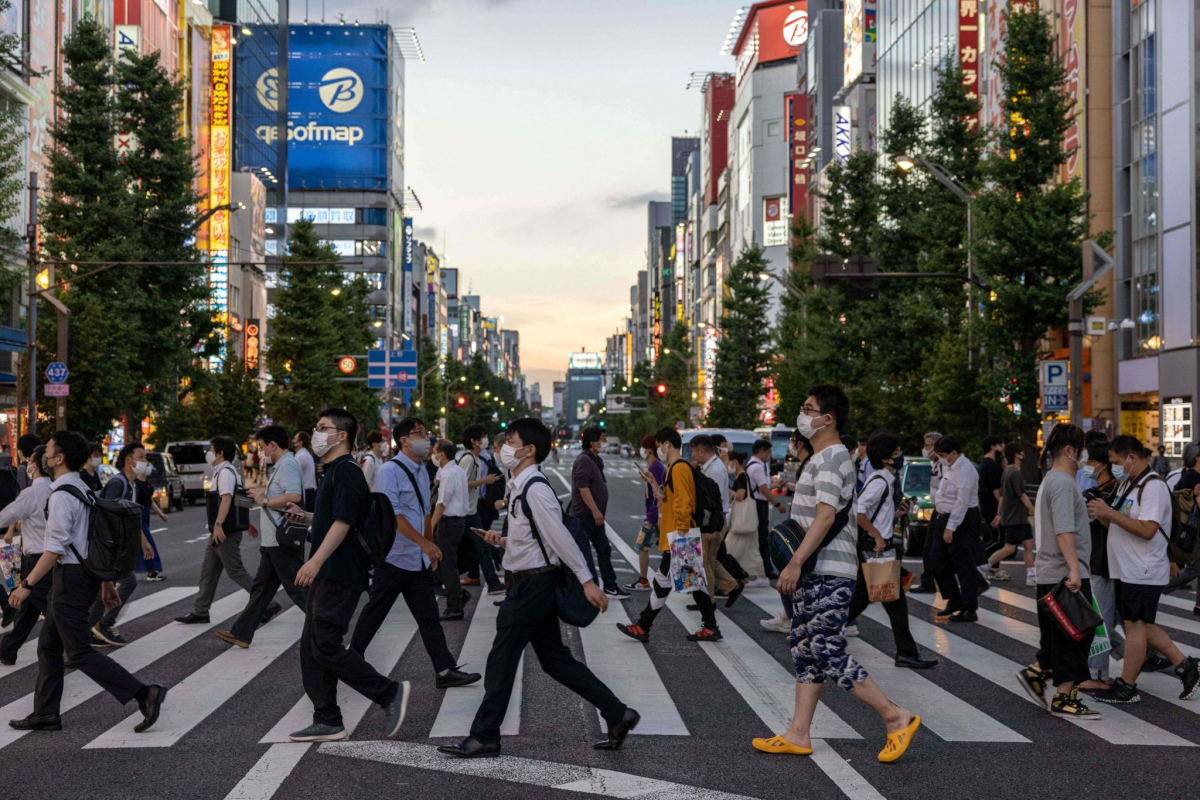
The temptation to toss that plastic Coke bottle or wadded-up cheeseburger wrapper out a car window doesn’t seem to exist here. Smokers don’t discard their cigarette butts on the sidewalk. I’m betting there’s also no chewing gum stuck under desks in schools.
Curiously, there are also no trash cans almost anywhere in public. They’re not necessary. Cleaning up after oneself appears to be imbedded into the culture. It’s an amazing thing that I’ll surely be reminded of back home the next time I pass a heavily littered sidewalk or a smelly garbage bin overflowing with filth.
Efficiency: Bus schedules are just a suggestion in the United States. Here, they matter.
In dozens of trips to and from the media center and various venues, I’ve never encountered a late bus. That’s not to say they run as frequently as I would have liked—20 minutes waiting in the sweltering sun outside Ariake Arena could make John Wooden curse — but they’re always on time.
The drivers also wait the designated 10 minutes at each hotel stop, even if it’s 2:30 a.m. and the chances of someone boarding are about the same as artistic swimming being televised in prime time.
Manners: The people are so polite here that it’s become infectious — I’ve started bowing when I hear the cheerful automated voice inside my elevator.
I also make sure to bow any time I pass a Japanese volunteer or policeman as a nod of appreciation for their cheerfulness—not to mention tireless work—during these Summer Games. A return bow is assured, along with some pleasantries I usually don’t understand.
Go beyond the scoreboard
Get the latest on L.A.'s teams in the daily Sports Report newsletter.
You may occasionally receive promotional content from the Los Angeles Times.
Every restaurant and convenience store employee has graciously endured all my pointing and nodding while trying to communicate what I want. I can’t imagine it’s easy.
Like the cleanliness, being polite is just the way things are done here. I wish I had expanded my Japanese vocabulary beyond konichiwa and arigato to show my gratitude.
Modern infrastructure: The nighttime cityscape provides a visceral jolt of bright colors, recalling images of “Blade Runner” as multi-level freeways cut through skyscrapers jutting toward the heavens.
Unlike back home, the infrastructure here doesn’t scream “Replace me!” Everything appears relatively new and functional, the architecture a contemporary blend of shapes and styles.
Even the undersides of train bridges are immaculate. In the U.S., they often house several inches of rust corrosion and flocks of cooing pigeons.
And don’t get me started about the freeways here versus the 405 …
Bidets. No need to go into details, but yeah, they work.
More text of first item.
Enjoying this newsletter? Consider subscribing to the Los Angeles Times
Your support helps us deliver the news that matters most. Become a subscriber.
Men’s basketball
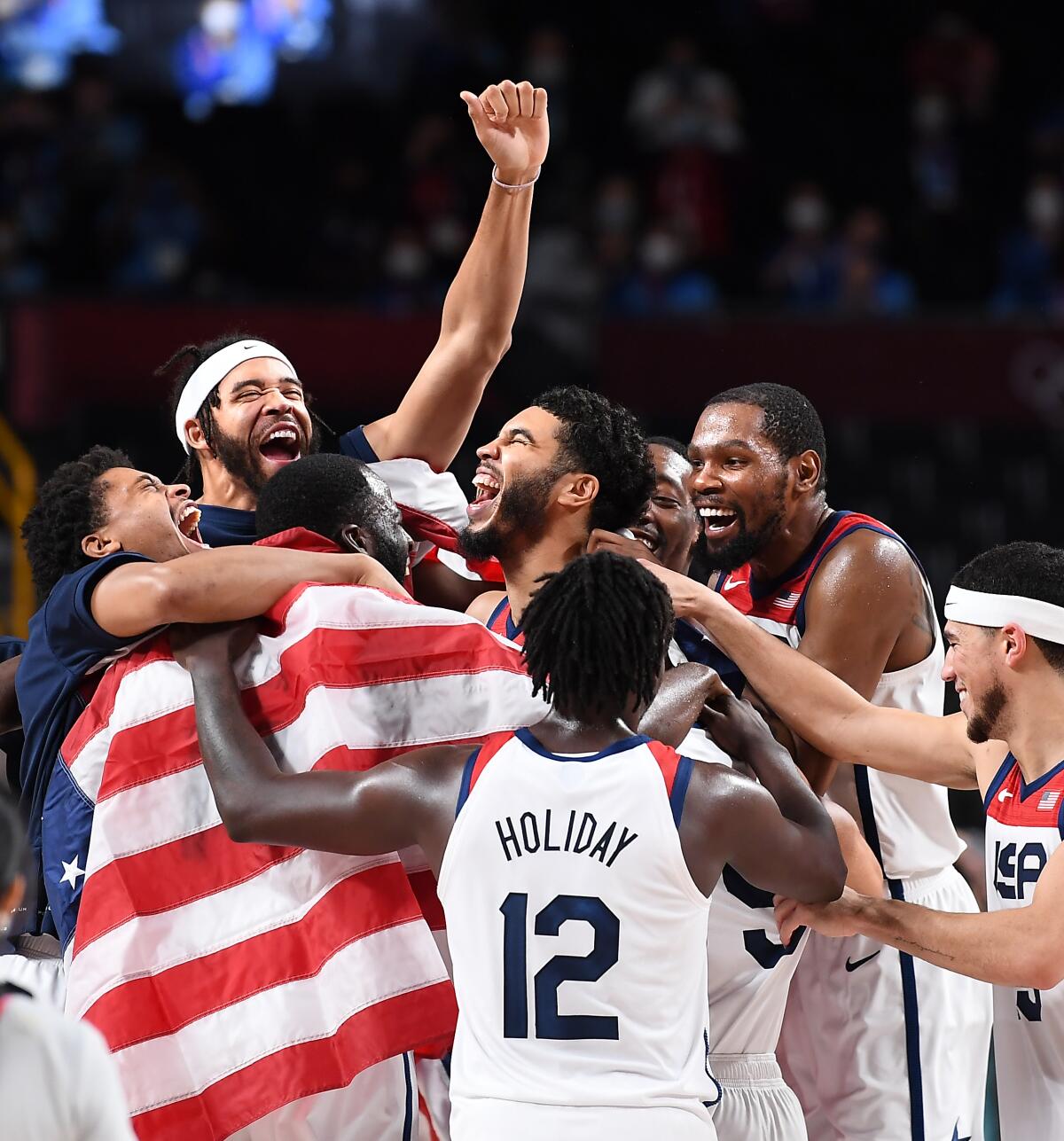
Dan Woike on U.S. men’s basketball: There was only one acceptable outcome.
It did not matter that the lingering physical and mental effects of the NBA bubble and the compressed season that followed kept several American stars from competing in these Olympics. It didn’t matter that the U.S. team was vulnerable, an embarrassing seventh-place finish in the 2019 world championships more than signaling that the world had caught up.
It did not matter that the American roster, composed of some of the NBA’s best scorers, faces of their franchises with multiple All-Star selections, was more a group of mercenaries than an actual team. It did not matter that COVID-19 cost them one star and that the NBA Finals kept three key players in America until the eve of competition.
It did not matter. There was only one acceptable outcome. Either you win or you’ve failed.
Kevin Durant knew it and said it loudest. And then he made sure it happened.
As he led the U.S. through a gantlet of teams gunning for the NBA stars, Durant maintained that the only way this trip would be worth it was if it ended with gold. And against France in the final, he carried his team in an 87-82 win, scoring 29 points.
“Phenomenal,” U.S. center Bam Adebayo said when asked about Durant.
———
Dylan Hernández on Kevin Durant: Draymond Green is a world-class defender and part-time distributor, an occasional philosopher and full-time instigator.
The versatile forward played another role Saturday: Historian.
“Been a lot of great players to don this jersey,” Green said. “He’s No. 1.”
Green was talking about Kevin Durant, who spared the U.S. its most humiliating defeat in any sport at these Olympics on Saturday by scoring 29 points in an 87-82 victory over France in the gold medal game.
Did Green’s appraisal of Durant sound hyperbolic?
It wasn’t.
Durant is the best to ever do this, better than Bill Russell or Michael Jordan or LeBron James.
He’s the greatest Olympic men’s basketball player of all time.
Track and field
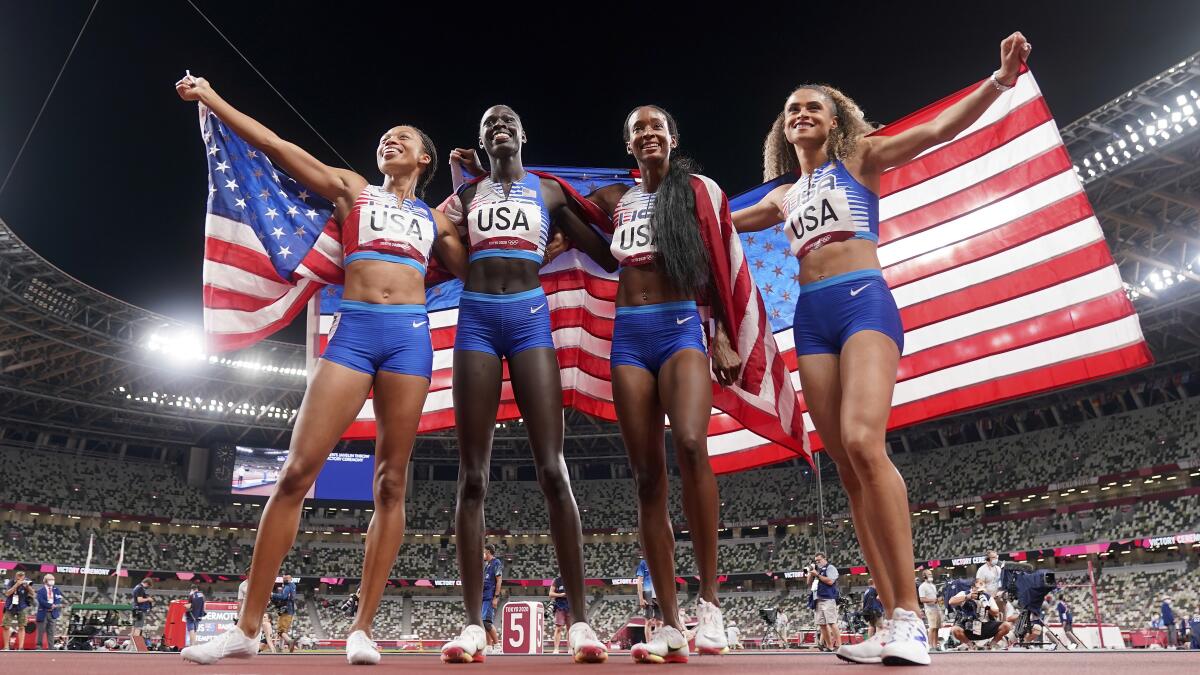
Gary Klein on track and field: Allyson Felix became the all-time leading medal winner in U.S. track and field history on Saturday when she ran the second leg of the gold-medal-winning 1,600-meter relay at Olympic Stadium.
In her final race, the five-time Olympian helped the team that also included Sydney McLaughlin leading off, Dalilah Muhammad running third and Athing Mu running anchor to finish in 3 minutes, 16.85 seconds.
Felix, 35, has won 11 medals, eclipsing the record she shared with Carl Lewis. Felix tied the record on Friday by earning a bronze medal in the 400 meters, the final individual race of her Olympic career.
———
The United States men’s track team waited for the final event at Olympic Stadium to win its first gold medal in a running event.
Michael Cherry, Michael Norman, Bryce Deadmon and Rai Benjamin finished the 1,600-meter relay in 2 minutes 55.70 seconds on Saturday night to help the U.S. men avoid a gold-medal shutout.
The U.S. men’s team entered Saturday with only one gold medal: Ryan Crouser’s second consecutive gold medal in the shot put.
Baseball
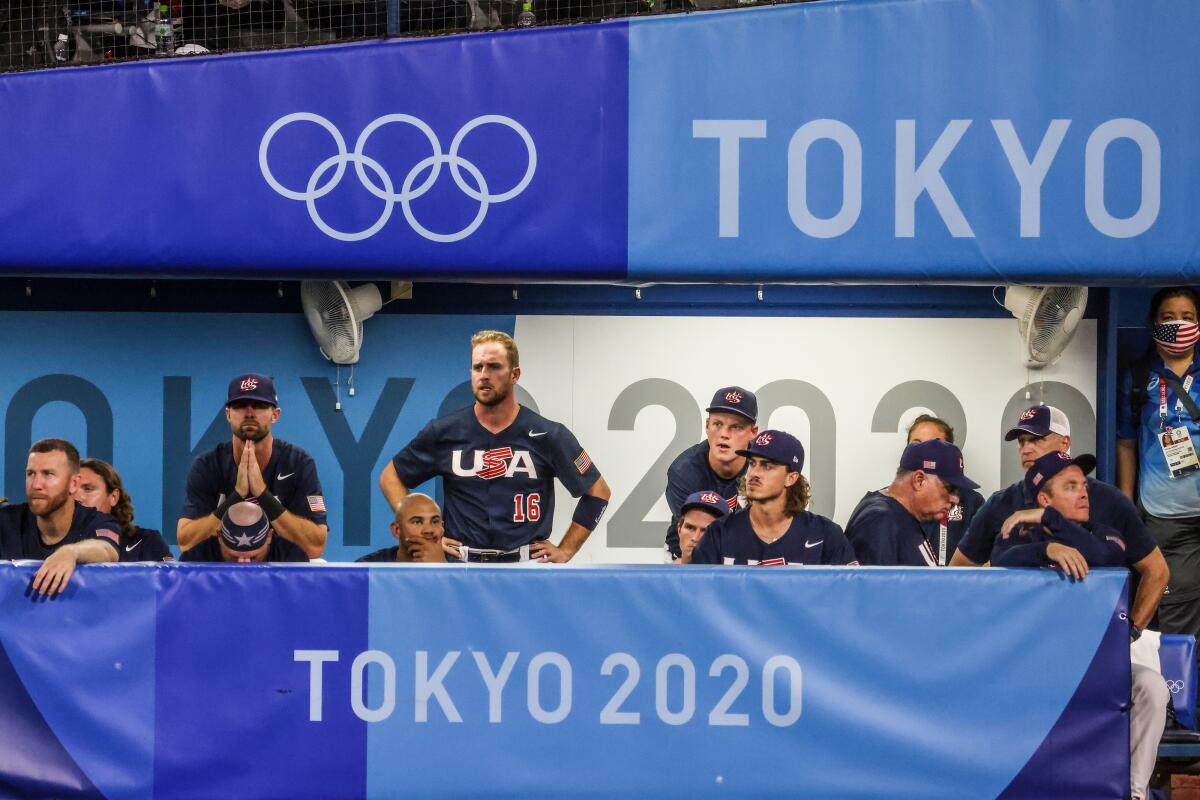
Jorge Castillo on the U.S. baseball team: Mike Scioscia led his group of players, maybe the last group of his career, for handshakes Saturday night. The United States Olympic baseball team, freshly devastated, lined up behind him to congratulate Japan’s victorious team. They gritted their teeth and smiled. They then walked off the field at Yokohama Stadium while the Japanese players threw their manager in the air in celebration.
The U.S. was the only team to give Japan a scare in the Olympic baseball tournament, the only one to dent the host country’s armor. But for the second time in less than a week, this time for the gold medal, they couldn’t topple the host country, dropping the final 2-0.
The Americans were seeking their first baseball gold medal since 2000. They settled for their first silver — their third medal ever in baseball and first medal of any color since taking bronze in 2008. On the other side, it was a breakthrough for Japan. The baseball-fixated power had never won gold since baseball became an official Olympic sport at the 1992 Games, not until besting the Americans on Saturday.
Women’s water polo
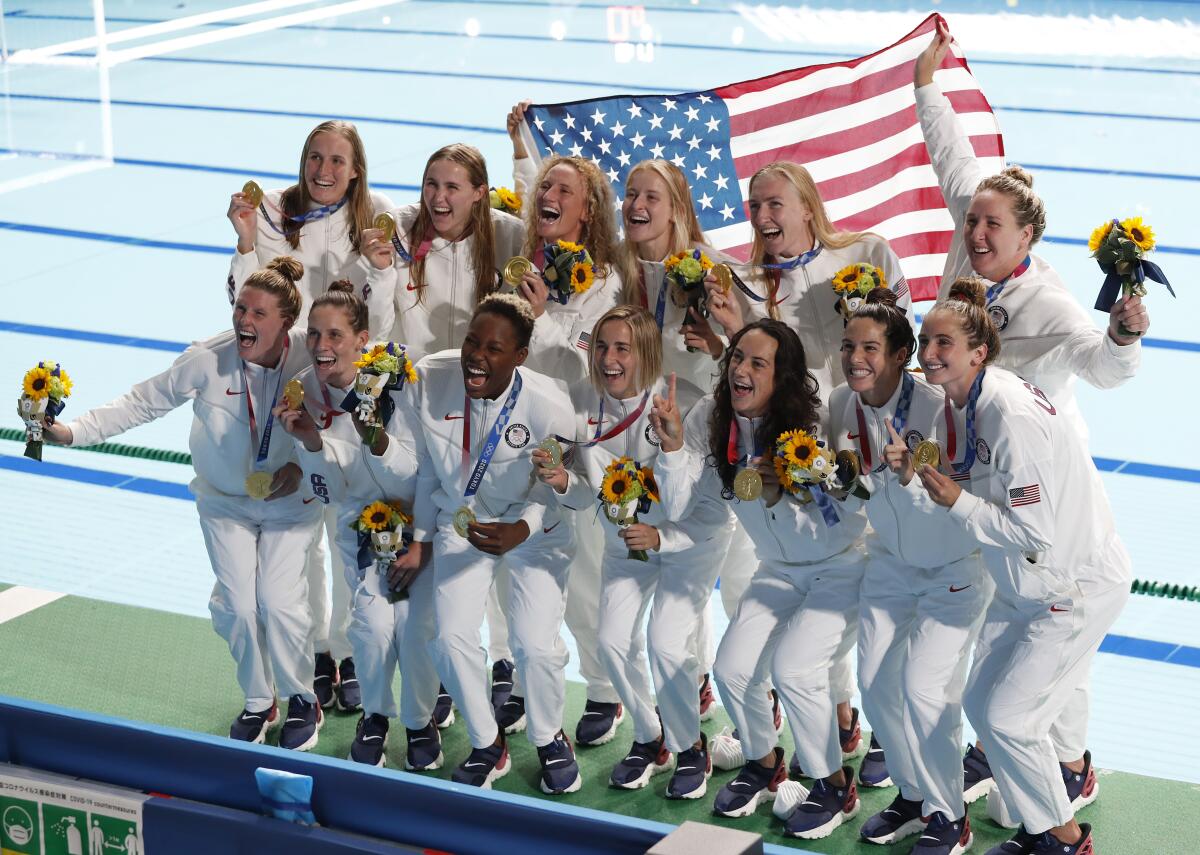
Kevin Baxter on U.S. women’s water polo: The U.S. won an unprecedented third consecutive Olympic title in women’s water polo Saturday, beating Spain 14-5 in the gold-medal final at the Tatsumi Water Polo Center.
Maddie Musselman had a game-high three goals for the U.S. while Aria Fischer, Kaleigh Gilchrist and Alys Williams all had multiple goals. Nine players contributed to the scoring for the Americans while Ashleigh Johnson came up huge in goal, making 11 saves.
The route to the gold medal in Tokyo may have been the most challenging of the three for the U.S., which lost to Hungary in its third group-play match, its first loss in the Olympics since 2008. But it ran the table after that, winning four straight. And the final was the most one-sided of the Americans’ gold-medal victories.
Hungary is the lone men’s team to capture three consecutive Olympic water polo titles since 1920, winning in 2000, 2004 and 2008. It will play Spain in the bronze-medal final of the men’s tournament Sunday.
When in Tokyo...
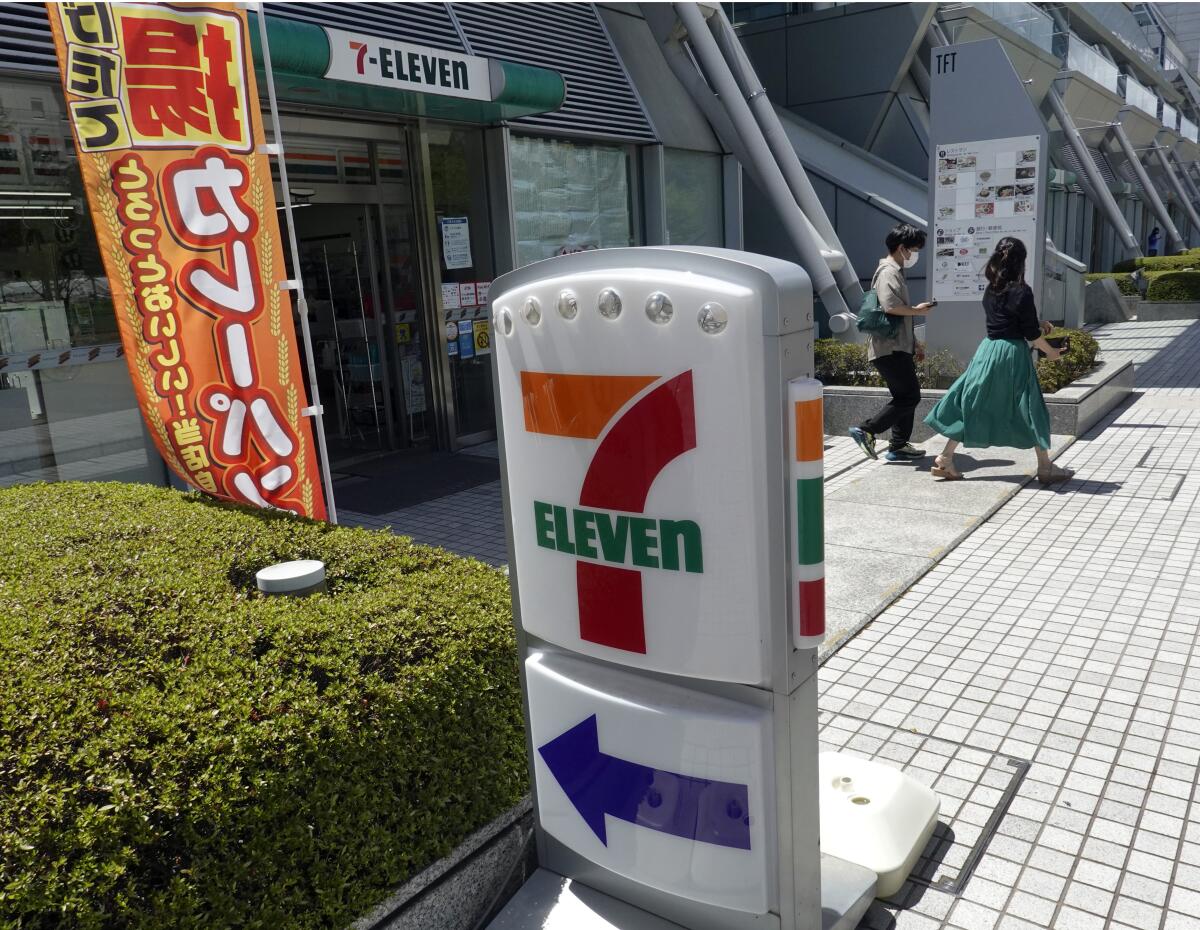
David Wharton and Nathan Fenno on convenience stores in Japan: The first time can be disorienting. You walk past shelves brimming with instant ramen — curry, seafood, chili tomato — all in packages of bright red, orange and yellow.
Deep-fried rice crackers and soy-flavored potato chips fill another aisle, not far from a bewildering selection of sugary candies and a dozen brands of sake.
The refrigerated section occupies the entire back wall: tofu bars, udon with shredded beef, steamed chicken and broccoli in onion dressing, boiled eggs sprinkled with tuna and bonito flakes.
There are so many carefully prepared meals, glistening in their clear plastic containers, it is difficult to focus. How fresh are they? Some don’t have expiration dates — they have expiration hours.
All of which makes you blink your eyes and look back over your shoulder to double-check the familiar green, red and orange sign you passed on the way in.
Yes, this is a 7-Eleven.
Until next time...
That concludes today’s newsletter. If you have any feedback, ideas for improvement or things you’d like to see, email us at [email protected]. To get this newsletter in your inbox, click here.
Go beyond the scoreboard
Get the latest on L.A.'s teams in the daily Sports Report newsletter.
You may occasionally receive promotional content from the Los Angeles Times.




